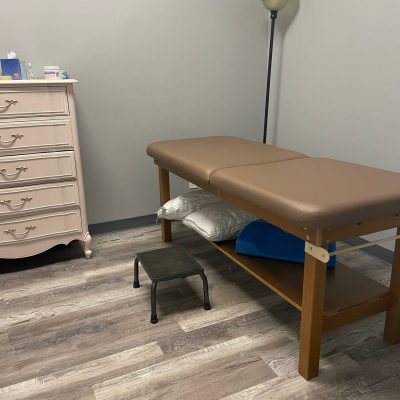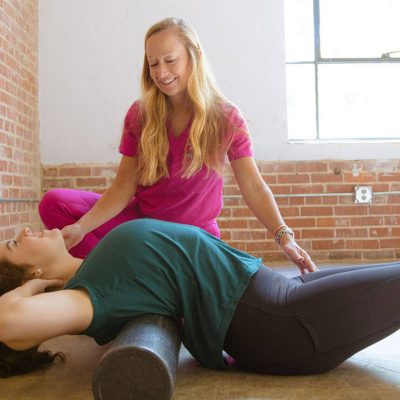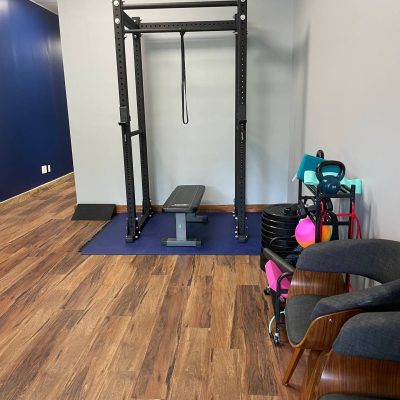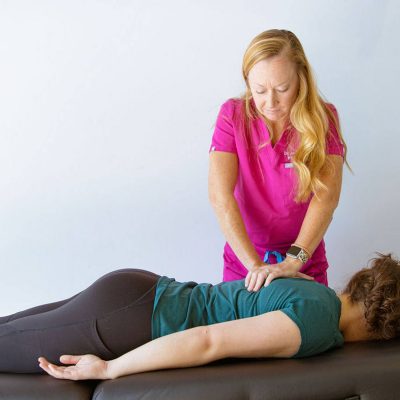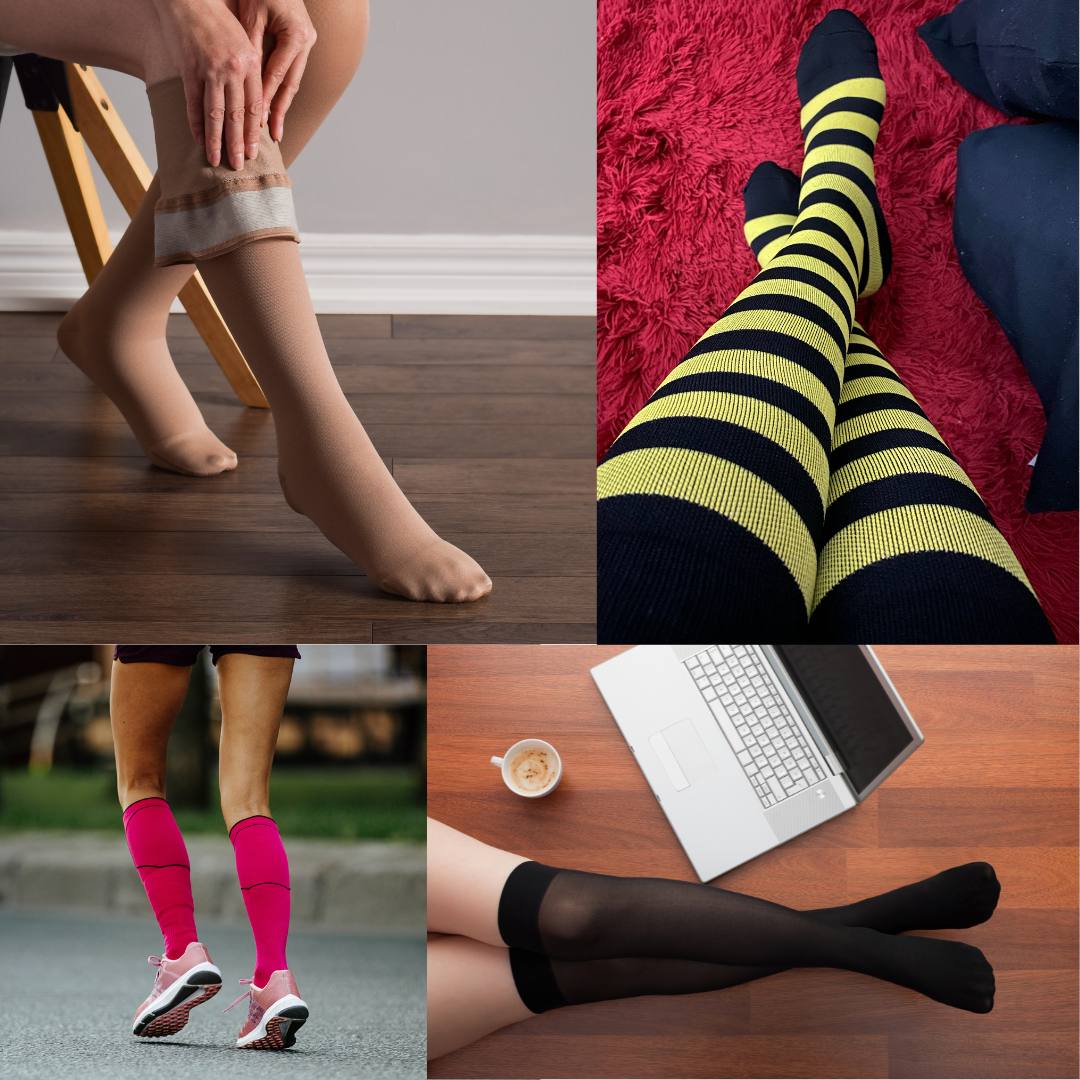
Swollen feet are a common side effect during pregnancy and more than just an inconvenience when it comes to sizing up in a pair of shoes. Many women notice that their feet grow in length and width over the course of their pregnancy due to hormonal changes and excess fluid accumulation. The changes to your feet can cause your arches to flatten, putting increased strain on the muscles of your pelvic floor.
During pregnancy, your growing belly causes shifts in your weight distribution and posture, which can flatten the feet and cause your pelvis to tilt differently. If your pelvis rotates too far forward or backward, it can cause decreased lumbar spine support, creating a cascade of other issues which can include pelvic floor dysfunction and core weakness.
Fortunately, just by giving your feet some regular attention you can decrease the severity of any swelling you may experience and ensure your feet are helping to balance your pelvis, rather than contribute to dysfunction.
Edema is another word for swelling. One reason you may experience swollen feet is due to water retention during pregnancy. Excess water helps ensure the efficient transfer of oxygen and nutrition to your baby. Why does swelling occur mostly in the feet and lower legs? Because we spend so much time with our feet on the ground, gravity tends to cause fluid to pool around the feet and ankles.
Perhaps opposite to what you might think, one of the easiest and most important ways to avoid fluid retention is to actually to stay hydrated. Drinking plenty of water helps improve lymphatic circulation, which flushes your body of toxins and keeps fluid from pooling. Caffeine and salt both cause dehydration and subsequently water retention, so limiting your intake of both is helpful when it comes to overall health.
Exercise is a powerful force when it comes to getting blood, oxygen, and lymphatic fluids moving. Walking is a great way to get exercise during pregnancy. As a general rule of thumb, you can perform most any exercise during pregnancy that you were performing prior to pregnancy. In general, try to avoid standing or sitting in one position for too long. If you have a desk job, try to get up at least every hour, stretch, and walk around a bit.
Some other tips for avoiding swollen feet are:
- Put your feet up! Using a footstool at your desk, propping your feet up while you watch Netflix (or go down a scroll hole – no judgement!) and even using a little foot pillow for sleep can help with circulation.
- Wear knee high compression socks. Ankle compression socks will only push the fluid up to the lower leg. As a Certified Lymphedema Therapist, I recommend 20-30 mm hg compression socks for those with mild edema that recedes overnight. Be sure to measure your ankles and calves when they are at their smallest size and use the Brand’s sizing chart to pick which size will work best for you. Be sure to avoid folding over the top and smooth out any wrinkles when wearing them. Quality compression sock brands include Juzo, Jobst, Sigvaris, and Medi.
Hydrating, exercising, and elevating your feet will not only reduce edema but also flush toxins, but it will also ensure lots of oxygen and nutrients are getting to your baby.
Do you need help managing your pregnancy symptoms? Contact us!
Magic City Physical Therapy
3075 John Hawkins Parkway, suite J
Hoover, AL 35244
Phone (205) 202-0874
Fax (205) 293-3895
www.magiccitypt.com
@magiccitypt (Instagram and Facebook)


